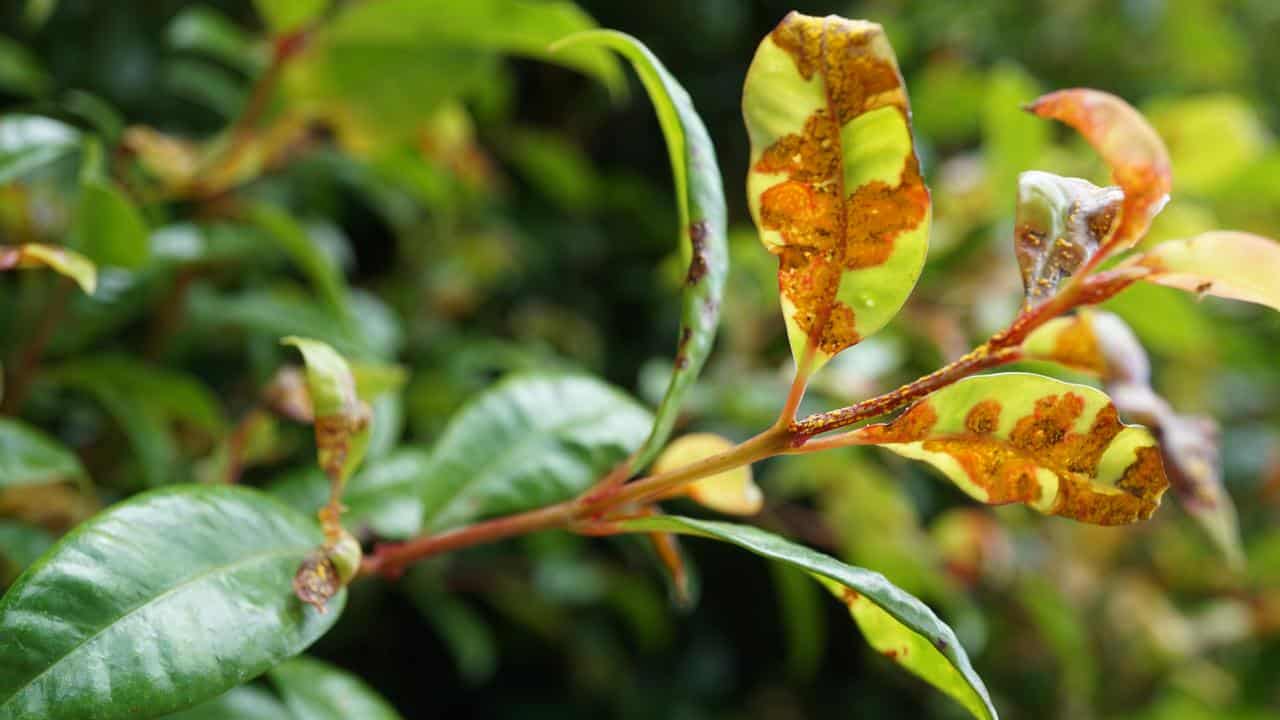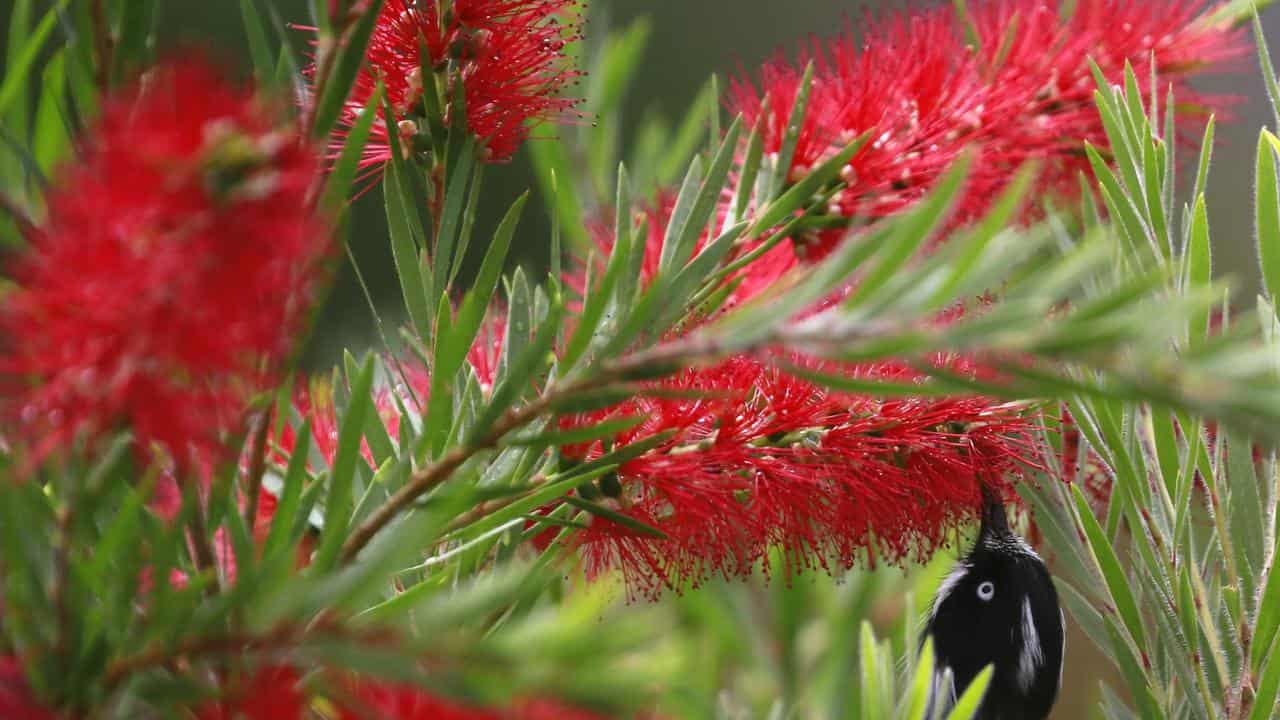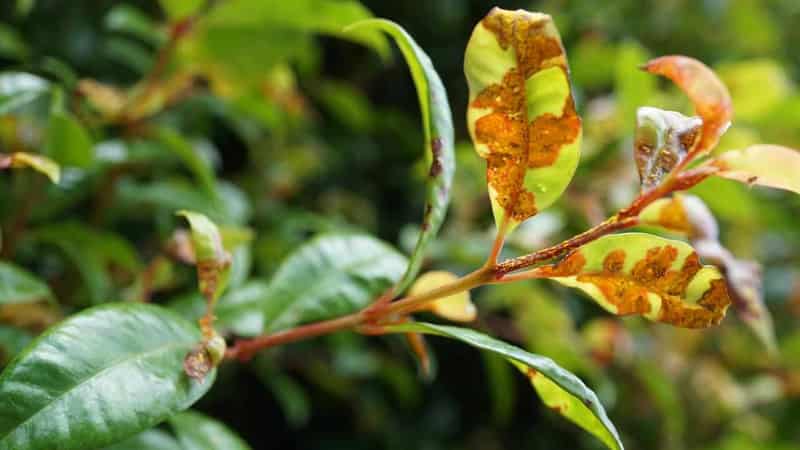
A process similar to that used to store human embryos is helping save countless native Australian plants under siege from invasive myrtle rust.
In just 13 years, the killer fungus has, with the exception of South Australia, infiltrated every state including Tasmania, as well as the Tiwi Islands in the Northern Territory.
With bottle brush, lemon myrtle, lilly pilly, blackbutt, broad-leaved paperbark and tea trees among 2000 plants at risk, authorities say the incursion "is about as bad as it can get for biosecurity in Australia".
In fact myrtle rust has become so widespread, it can't be eradicated.
Enter a team of scientists from the Queensland Alliance for Agriculture and Food Innovation who have set about cryogenically preserving tissue from the most impacted members of the Myrtaceae family.
“Myrtle rust affects the ability of the worst impacted species to reproduce and some ... are no longer producing seed in the wild,” according to Alice Hayward.
“On top of this, seeds from affected rainforest species often cannot be stored in a seed bank as they don’t survive the standard drying or freezing processes."
To prevent endangered natives being wiped out, Dr Hayward and her colleagues will bring them into the lab and place them in a frozen but living state while other researchers work out how to deal with myrtle rust in the environment.
Cryopreservation involves taking a tiny shoot, treating it with protectants and plunging it into liquid nitrogen where it can be stored indefinitely.
“We can then revive that shoot tip and use tissue culture to multiply it and produce plants that could be put back into the wild," Dr Hayward said.
“We are trying to preserve those species we know are at most risk of extinction in the immediate future, to capture that biodiversity before it’s too late."

It's not as easy as it sounds.
“To develop a cryopreservation protocol for each species you must optimise every step of the process to ensure the survival of the shoot tip, which is a lot of work,” said University of Queensland's Chris O'Brien.
“That includes a tissue culture system that delivers nutrients and the correct requirements for the plant to survive, as well as how best to treat the tissue to dehydrate it before it can be stored in liquid nitrogen.”
Despite the complexity, Dr Hayward said the conservation work was something she was passionate about.
“For each plant species we need a different tissue culture formulation, as even within a species, different individuals can sometimes require different treatments,” she said.
“We’ll be working with a team from Botanic Gardens of Sydney based at the Australian PlantBank at the Australian Botanic Garden Mount Annan to develop protocols for six species.









